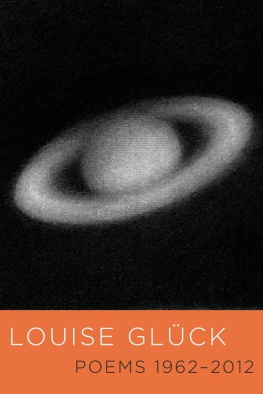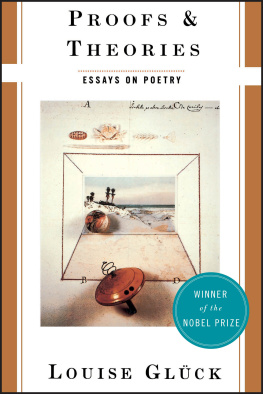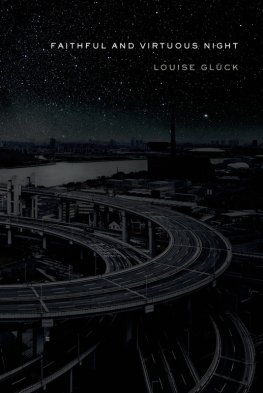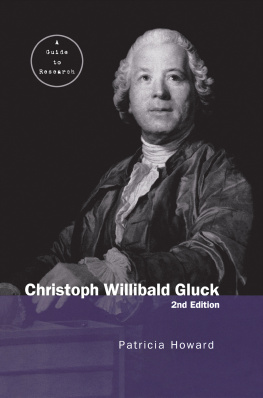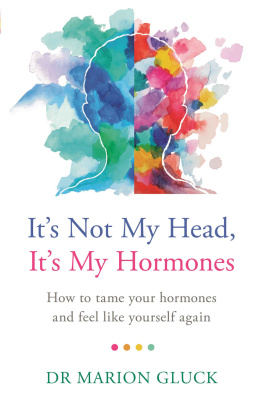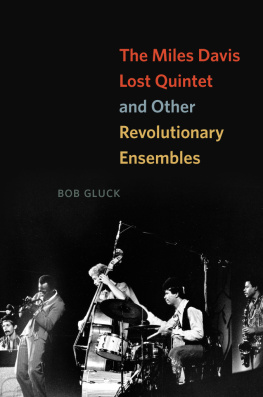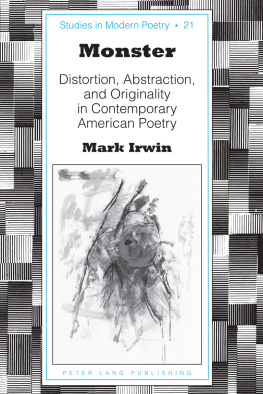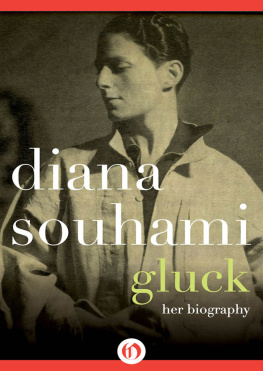Louise Glück - American Originality: Essays on Poetry
Here you can read online Louise Glück - American Originality: Essays on Poetry full text of the book (entire story) in english for free. Download pdf and epub, get meaning, cover and reviews about this ebook. year: 2017, publisher: Farrar, Straus and Giroux, genre: Science. Description of the work, (preface) as well as reviews are available. Best literature library LitArk.com created for fans of good reading and offers a wide selection of genres:
Romance novel
Science fiction
Adventure
Detective
Science
History
Home and family
Prose
Art
Politics
Computer
Non-fiction
Religion
Business
Children
Humor
Choose a favorite category and find really read worthwhile books. Enjoy immersion in the world of imagination, feel the emotions of the characters or learn something new for yourself, make an fascinating discovery.

- Book:American Originality: Essays on Poetry
- Author:
- Publisher:Farrar, Straus and Giroux
- Genre:
- Year:2017
- Rating:3 / 5
- Favourites:Add to favourites
- Your mark:
- 60
- 1
- 2
- 3
- 4
- 5
American Originality: Essays on Poetry: summary, description and annotation
We offer to read an annotation, description, summary or preface (depends on what the author of the book "American Originality: Essays on Poetry" wrote himself). If you haven't found the necessary information about the book — write in the comments, we will try to find it.
American Originality: Essays on Poetry — read online for free the complete book (whole text) full work
Below is the text of the book, divided by pages. System saving the place of the last page read, allows you to conveniently read the book "American Originality: Essays on Poetry" online for free, without having to search again every time where you left off. Put a bookmark, and you can go to the page where you finished reading at any time.
Font size:
Interval:
Bookmark:
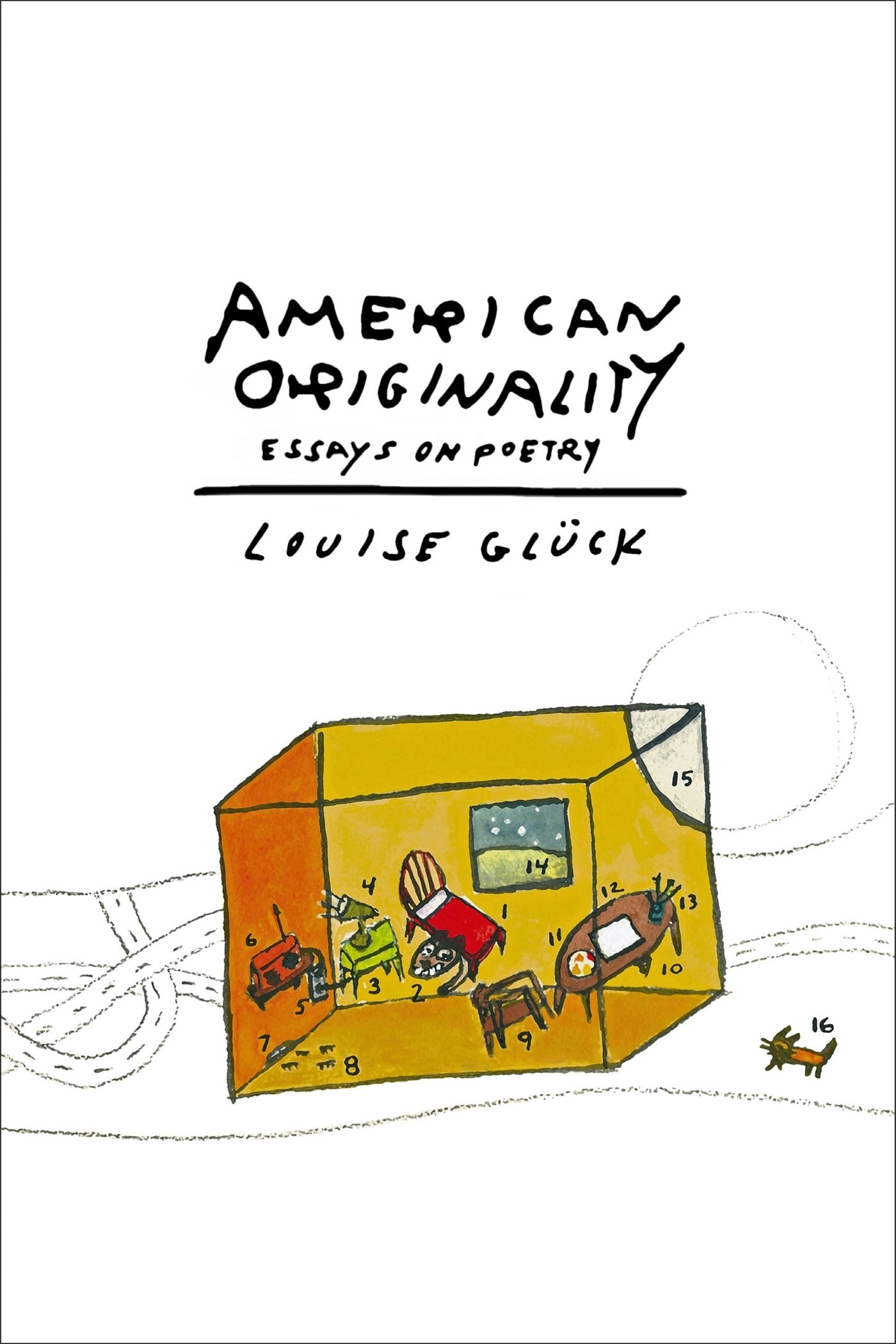

The author and publisher have provided this e-book to you for your personal use only. You may not make this e-book publicly available in any way. Copyright infringement is against the law. If you believe the copy of this e-book you are reading infringes on the authors copyright, please notify the publisher at: us.macmillanusa.com/piracy.
To Kathryn Davis
For their scrupulous reading and wise advice, my thanks to Wendy Lesser and James Longenbach.
For his magical cover design, my deep gratitude to Richard Siken.
We are, famously, a nation of escaped convicts, younger sons, persecuted minorities, and opportunists. This fame is local and racial: white Americas myth of itself. It does not, obviously, describe Native Americans and African Americans: though they are theoretically free to participate in mythic Americas notions of vigor and self-creation, to do so involves sustained acts of betrayal or disloyalty toward origins they conceivably had no communal wish to escape. Oppression, for these groups, did not define the past; it replaced the past, which was transformed into a magnet for longing.
The myth elaborates itself in images and narratives of self-inventiondrive and daring and gain being prized over stamina and fortitude. If the Englishman imagined himself as heir to a great tradition, the American imagined himself as the founding father. This difference resonates in political rhetoric: American aggressive might (usually called defense ) and acquisitiveness (sometimes called self-improvement ) as opposed, say, to the language of appeal that links Churchill to Henry V, a language that suggests the Englishman need only manifest the virtues of his tradition to prevail. These appeals were particularly powerful in times of war, the occasions on which the usually excluded lower classes were invited to participate in traditions founded on their exclusion.
Like most myths, this one has some basis in fact. There were such flights. And immigrant populations whose relocations are, in the main, escapes from incarceration, confinement, danger, or exclusion will hardly cultivate stoic endurance over initiative. The cardinal virtues of this new world depended on repudiations, the cutting of ties, and on invention and assertion. But the imperatives of self-creation cannot be expected to bind a society as effectively as does the invoking of a shared tradition. The best that can be said is that these imperatives may constitute a shared ambition or common practice; in fact, they are the opposite of coherence. Individual distinction expresses itself as distinction from the past, from the previously acknowledged limits of the possible, and, as well, from contemporaries. Still, the triumphs of self-creation require confirmation, corroboration. They postulate, at least imaginatively, a society or audience coherent enough to recognize and reward the new. The new thing makes a kind of adhesive, gluing together (provisionally) its diverse precursors in a grid or system: a fantasy or projection of common values. How this occurs, and with what restrictions, accounts for the peculiar attributes of what Americans call originality, their term of highest praise.
Original work, in our literature, must seem somehow to break trails, to found dynasties. That is, it has to be capable of replication. What we call original must serve as a model or template, binding the future into coherence and, simultaneously, though less crucially, affirming the coherence of the outstripped past. It does not so much reject tradition as project it into the future, with the self as progenitor. Originality, the imprint of the invented self, depends on the creation of repeatable effects. Meanwhile, much that is profoundly original but unlikely, for a variety of reasons, to sponsor broad imitation, gets overlooked, or called that lesser thing, unique valuable, undoubtedly, but a dead end. The original is sought with famished intensity; all the brilliant banners of praise are deployed to welcome it. But to welcome it within certain limits, with formal innovation of almost any kind valued over idiosyncratic mind.
This isnt to say other gifts attract no admiration. Technical mastery continues to be applauded, though chiefly in those born elsewhere. An American Heaney would not, I think, be so promptly and passionately acknowledged. Likewise Szymborska, whose art (in translation) appears a brilliant example of inimitable intelligence. Something, whether atavistic longing or helpless recognition, keeps them, and a few others, safe here. Americans fare less well. Particularly the unique, the inimitable.
The dark side of self-creation is its underlying and abiding sense of fraud. A reciprocal terror of deficit within the self may account for the American audiences readiness to be talked down to, to be excluded, to call great art that which it does not understand. As American poets increasingly position themselves against logic and observation, the American audience (often an audience of other writers) poignantly acquiesces.
Under the brazen I made up a self of the American myth, the sinister sotto voce, I am a lie. And the liar wishes to elude: to elude judgment and censure, to avoid being caught. The literary art of our time mirrors the invented mans anxiety; it also affirms it. You are a fraud, it seems to say. You dont even know how to read. And for writers, this curious incomprehension, this being ahead of the time, linked as it is to affirmation, seems superficially encouraging, as though to understand meant to exhaust.
Limitless, untethered freedom has, among its costs, a kind of paranoia: the self not built from the inside, accumulating in the manner of the tree, but rather postulated or improvised, moving backward and forward at the same timethis self is curiously unstable, insecure. When imagination is immense (as in the case of genius or mania), the nagging sense of falsehood probably dissolves. When it is not, the weak place is fiercely defended.
Part of that defense is the conviction that everyone else is equally inauthentic. Or, alternatively, to locate authenticity, the truth of a historical moment, in the inscrutable. Individual, irreplaceable human voice is doubly disadvantaged. It cannot, as formal invention or trick, be imitated, perpetuated. Second, insofar as it relentlessly manifests a self, a human being neither intellectually constructed nor devised, reactive to a world dangerously like the world we inhabit, it implicitly reproaches inventions willed strategies and poses.
Central to Americas myth of itself is the image of a better world, a translation of the theological vision to the pragmatic and earthly. This idea is not unique to American democracy, nor has the failureor at least the navetof its many iterations obliged a re-examination of the underlying premise. In our period, these various stabs at a better world share a set of promises to the individual, whose life is to be relieved of oppression. The idea of individual independencethe possibility held out that anyone can rise to prominence or wealth or glorythis dream of individual distinction has become a defining attribute of democracy. It seems sometimes that as democracy appears more flawed, this promise of an unprecedented self grows more fervent, more necessary.
But the self-made man, like any figure of power, depends on broad accord; his peers must acquiesce to his accomplishment. In a period in which the future has come to seem a hopeful theory rather than a certain fact, this stake in the present has intensified. The qualities we continue to prize, immediacy and scale, must be manifest immediately. Critical hyperbole confirms this pressure; it does not create it. Our culture and our period combine to support the American archetype: the artist must look like a renegade and at the same time produce, whether by accident or design, an aesthetic commodity, a set of gestures instantly apprehended as new and also capable of replication.
Font size:
Interval:
Bookmark:
Similar books «American Originality: Essays on Poetry»
Look at similar books to American Originality: Essays on Poetry. We have selected literature similar in name and meaning in the hope of providing readers with more options to find new, interesting, not yet read works.
Discussion, reviews of the book American Originality: Essays on Poetry and just readers' own opinions. Leave your comments, write what you think about the work, its meaning or the main characters. Specify what exactly you liked and what you didn't like, and why you think so.

